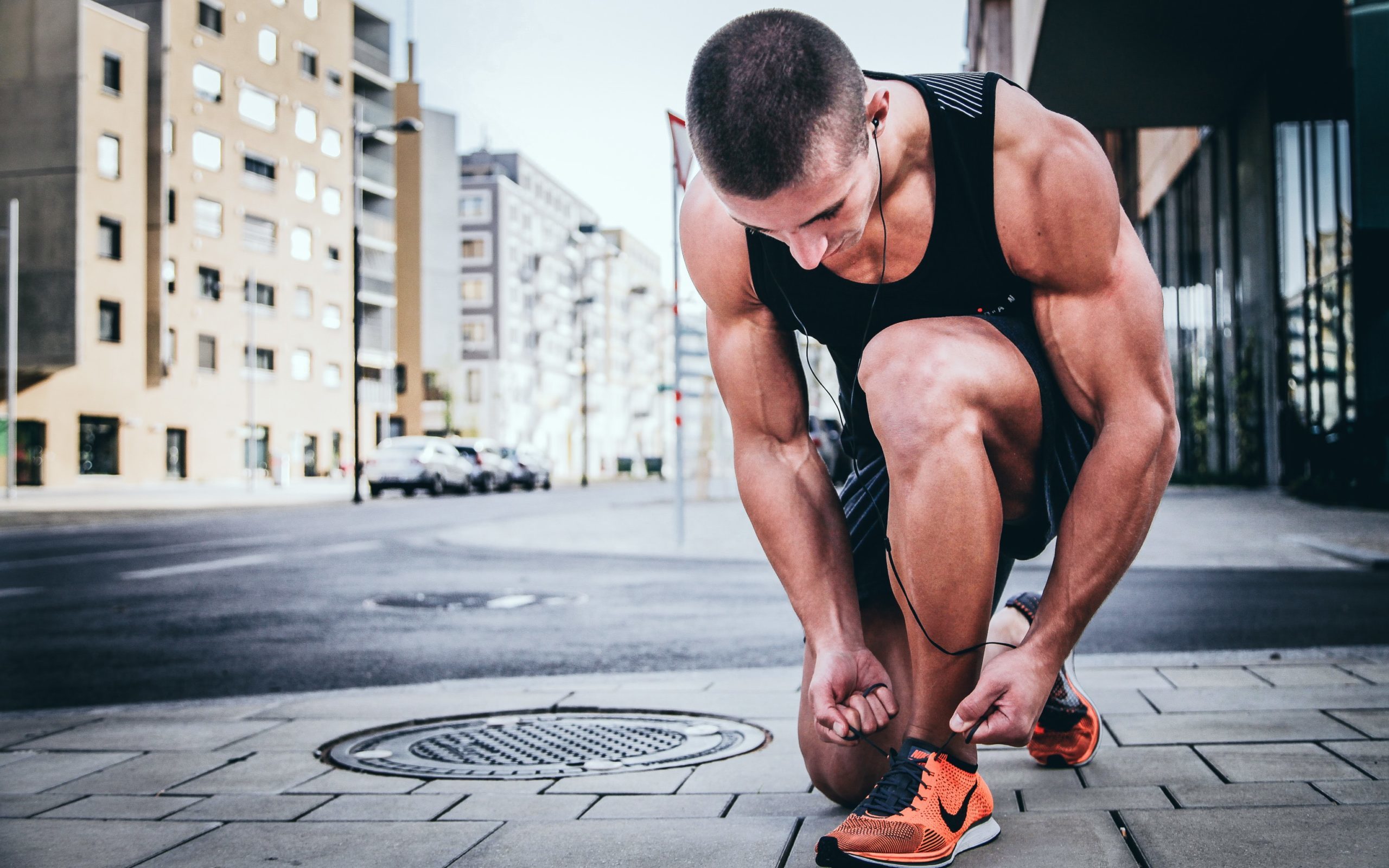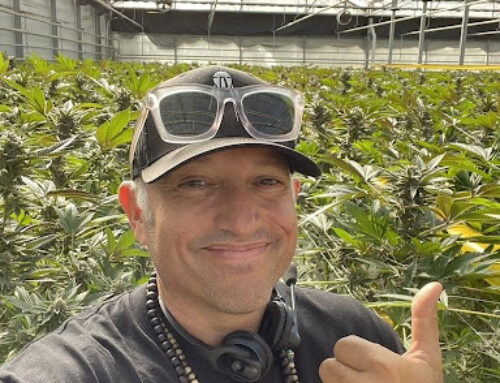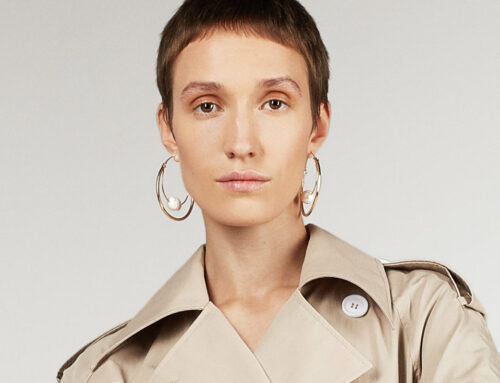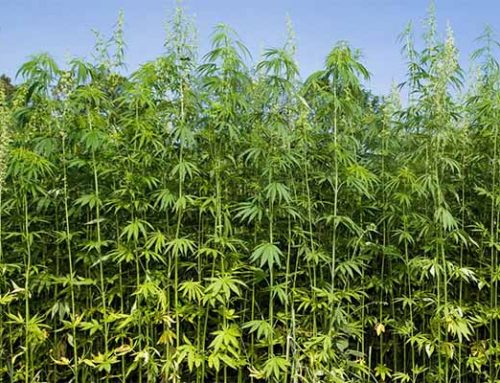Top Athletes Who Use CBD
Even among some of the world’s greatest athletes, the acronym “CBD” is uttered with the same near-reverential awe that has accompanied this cannabinoid’s explosion into global popularity. Average consumers and world-class athletes are united in their belief that CBD has the power to change lives for the better, and there’s plenty of evidence that backs up this near-universal position.
For many athletes, however, sports and other physical activities are just as important as breathing, eating, and sleeping, and the idea of losing their ability to engage in athletic pursuits due to the misguided use of a substance is terrifying. In this guide, we’ll clear up some common misconceptions regarding the athletic use of CBD, and we’ll provide a list of the most famous athletes who use CBD.
Is CBD useful for athletes?
In a 2019 expose, the Washington Post explored the rising trend of CBD use among athletes. This prominent paper noted that CBD appears to exert some notable benefits when taken by athletes, and the article mentions that many athletes are using CBD for pain as an alternative to opioids.
Major newspapers aren’t the only entities taking note of the potential benefits of CBD for athletes. In July of 2020, a comprehensive review of the available evidence on CBD for athletes was published in the scientific journal Sports Medicine, and this paper covered more than 200 studies and other forms of evidence detailing how CBD might be useful for athletes. Without making claims regarding CBD’s usefulness for any particular conditions, let’s cover some of the major areas of scientific research into the topic of CBD for athletes:
CBD for stress
While some amount of stress is necessary to properly develop your muscles, excessive exercise-induced stress can cause pain and harm your body in the long term. Scientists have taken a look at the effect that CBD may have on exercise-induced muscular stress due to the widespread belief that this cannabinoid may have a relationship with inflammation.
CBD for neuroprotection
Moving your body around energetically naturally has its risks. Bicyclists, football players, and other athletes all share the risk of sustaining head injuries that result in concussions or sub-concussions. Research has been conducted into CBD and its relationship with neuroprotection.
CBD for pain
Pain is one of the most-cited reasons that consumers of all types decide to try CBD. Athletes are particularly at risk of developing injuries that lead to long-term chronic pain. Both nociceptive (inflammatory) and neuropathic (nervous system) pain can be serious problems for athletes, and extensive research has been done into the potential usefulness of CBD for pain.
CBD for gastrointestinal damage
Sustained, strenuous exercise can cause gastrointestinal distress that leads to nausea, vomiting, and internal bleeding. Over time, this type of stress can lead to serious damage to your gastrointestinal tract. Studies have explored the potential usefulness of CBD for this type of gastrointestinal damage.
CBD for bone health
Over time, exercise can put stress on your bones that leads to decreased skeletal health and an increased likelihood of fractures. Extensive preclinical research has been done into the potential role that CBD may play in bone health.
CBD for cardiovascular health
During strenuous exercise, increased strain is put on your heart, and blood pressure increases throughout your body. If you have a condition that reduces blood flow, then exercise could increase your risk of cardiac arrest or stroke. Researchers have taken a close look at the role CBD may play in your overall cardiovascular health.
Does CBD get you high?
If you think that the research into CBD we’ve covered so far looks promising, you aren’t alone. CBD has become increasingly popular among athletes over the last few years, but many exercise enthusiasts remain perturbed by this cannabinoid’s relationship with the intoxicating tetrahydrocannabinol (THC). Does CBD get you high, and could the effects of this cannabinoid potentially interfere with athletic performance?
No, CBD does not get you high, which is why this cannabinoid is considered “non-intoxicating.” Unlike THC, CBD does not cause paranoia or delusions, and this non-intoxicating cannabinoid does not even target the same neuroreceptors as THC.
Instead of making you feel high, CBD generally provides a feeling of mild relaxation that does not noticeably interfere with your perception of reality. Staying relaxed while exercising is important, however, so the mild psychoactive effects that CBD exerts might be highly useful for athletes.
Does CBD for athletes have any side effects?
Over the years, countless athletes have run afoul of so-called “performance-enhancing” drugs and supplements that cause serious side effects. Even outside of the world of athletics, most prescription drugs have significant side effects, which is why it’s natural to be concerned about the potential side effects that CBD may cause.
You’ll be pleased to learn that CBD does not appear to have any major side effects whatsoever. This substance is not considered to be toxic even at doses exceeding 1,500mg per day, which makes CBD considerably different from prescription drugs that can become fatal when you take just a little bit too much.
The only side effects that CBD consistently causes are remarkably minor. Cannabidiol may, for instance, cause sleepiness or dry mouth, and in some cases, taking CBD may cause nausea. Many people who use CBD, however, do not experience any side effects at all.
Is CBD legal for athletes?
If you’re a competitive athlete, you know just how important it is to avoid performance-enhancing and intoxicating drugs. Doping is deeply frowned upon in competitive sports, and avoiding all forms of illicit drugs is your key to success as an athlete.
You’ll be glad to know, then, that the World Anti-Doping Agency (WADA) removed cannabidiol from its list of prohibited substances in 2018. According to this respected authority on which substances are admissible in competitive sports, CBD is now okay for athletes to use.
Unfortunately, that’s not the final word on the matter. WADA and most other major sports organizations still stand firmly against the use of THC by athletes. THC is an intoxicating drug that could negatively impact athletic performance, and this substance remains federally illegal in the United States in addition to being illegal in most foreign countries.
It’s incredibly unlikely that you’ll test positive for THC after using CBD, but it’s a fact that CBD users have tested positive for this illegal drug in the past. Many CBD products contain up to 0.3% THC, which means that if you use enough CBD, it’s possible that THC could build up in your system as well. To reliably test positive for THC after using cannabidiol, however, you need to consume an incredibly high daily dosage of CBD oil that contains close to the legal limit of THC.
To avoid the potential of testing positive for an illegal drug, you can use broad-spectrum or isolate CBD, which contain undetectable levels of THC. It’s possible, however, that these types of highly refined cannabidiol extracts could provide decreased benefits.
Which athletes use CBD?
There’s still a lot we don’t know about CBD, and even when you use CBD products that contain “undetectable” levels of THC, there’s always a slim possibility that you’ll test positive for this intoxicating drug. Regardless of these minor risks, however, an increasing number of athletes have jumped on the bandwagon and now use CBD regularly. If any of the following names are on your list of athletic idols, you might feel more inclined than ever to try using CBD as part of your exercise regimen.
UFC fighter Nate Diaz
Nate Diaz received a greater spotlight than usual in 2017 when he vaped CBD oil after being soundly defeated by rival Connor McGregor. At the time, WADA still considered CBD to be a banned substance, so Nate gambled his career by using CBD on live television. When asked why he chose to vape CBD, Nate Diaz claimed that his habit helped him heal faster and recover from inflammation.
NFL player Derrick Morgan
Linebacker Derrick Morgan does more than just use CBD. After hearing that CBD was being researched for a rare impact trauma brain disease that’s common among football players, he started experimenting with this cannabinoid himself and made CBD advocacy a big part of his career. He encourages the NFL and other professional sports agencies to take a close look at the evidence surrounding the benefits of CBD for athletes.
Dancer and YouTube personality Caleb Marshall
Caleb Marshall’s YouTube account has more than 2.7 million subscribers, and his fitness-oriented dance routines have inspired countless people around the world to lose weight and stay healthy. Caleb says that he uses CBD to recover from soreness after dancing, and he also claims that this non-intoxicating cannabinoid has helped him overcome crippling anxiety.
MLB pitcher David Wells
The world of baseball was shocked to its core when all-star pitcher David Wells confessed to using opioids almost all the time. Whether he was on or off the pitch, David struggled to control his addiction to Percocet, but ever since he discovered CBD, he claims that he can now live pain-free without being dependent on addictive drugs. According to David Wells, “CBD works,” and he now actively promotes the benefits of CBD for athletes.




































